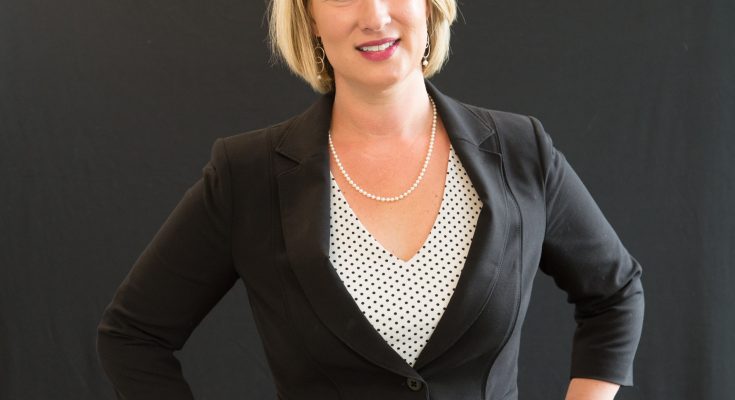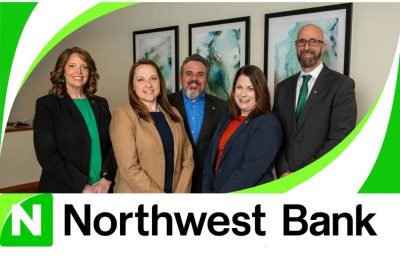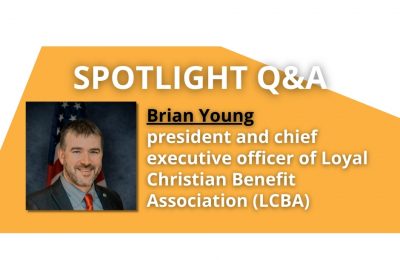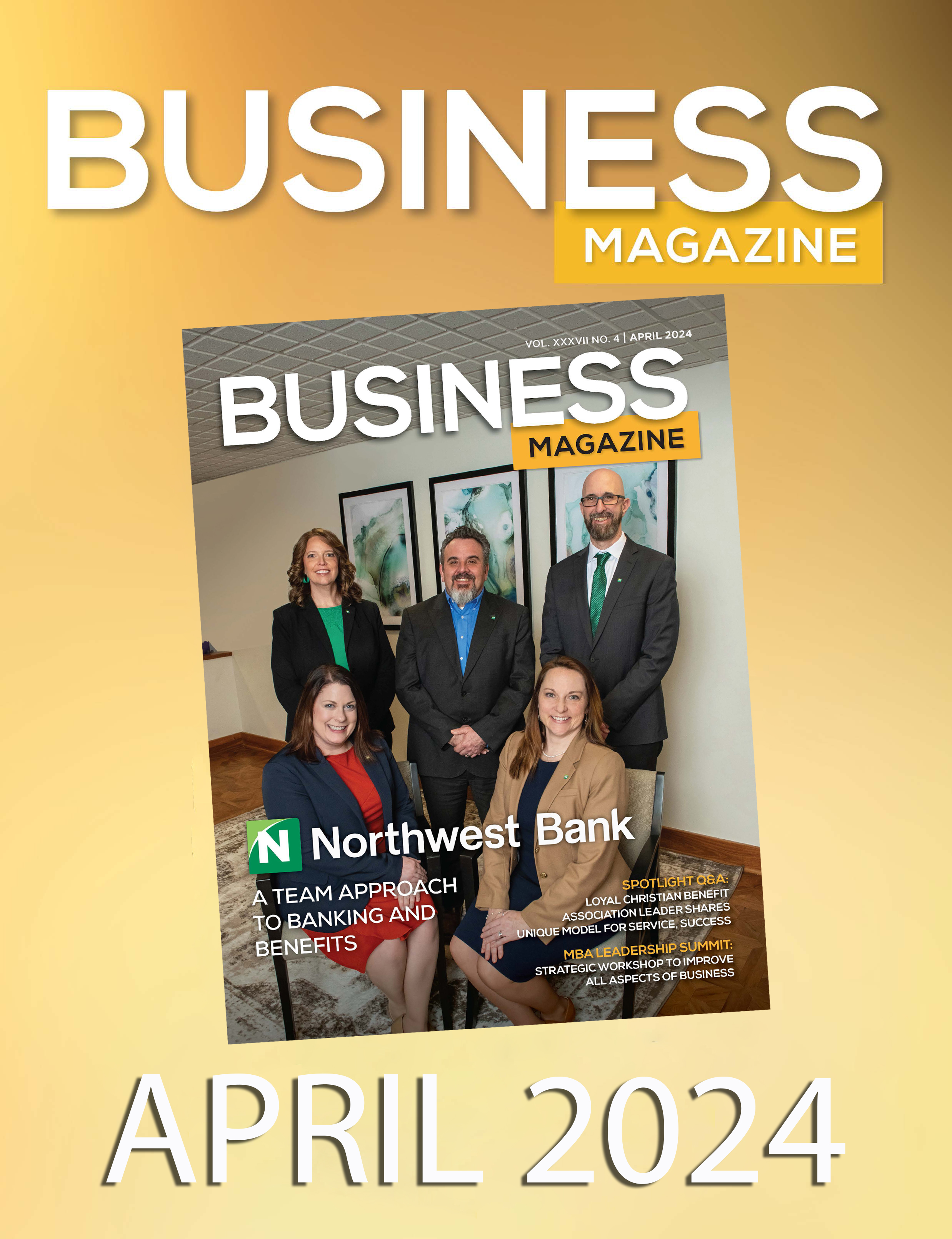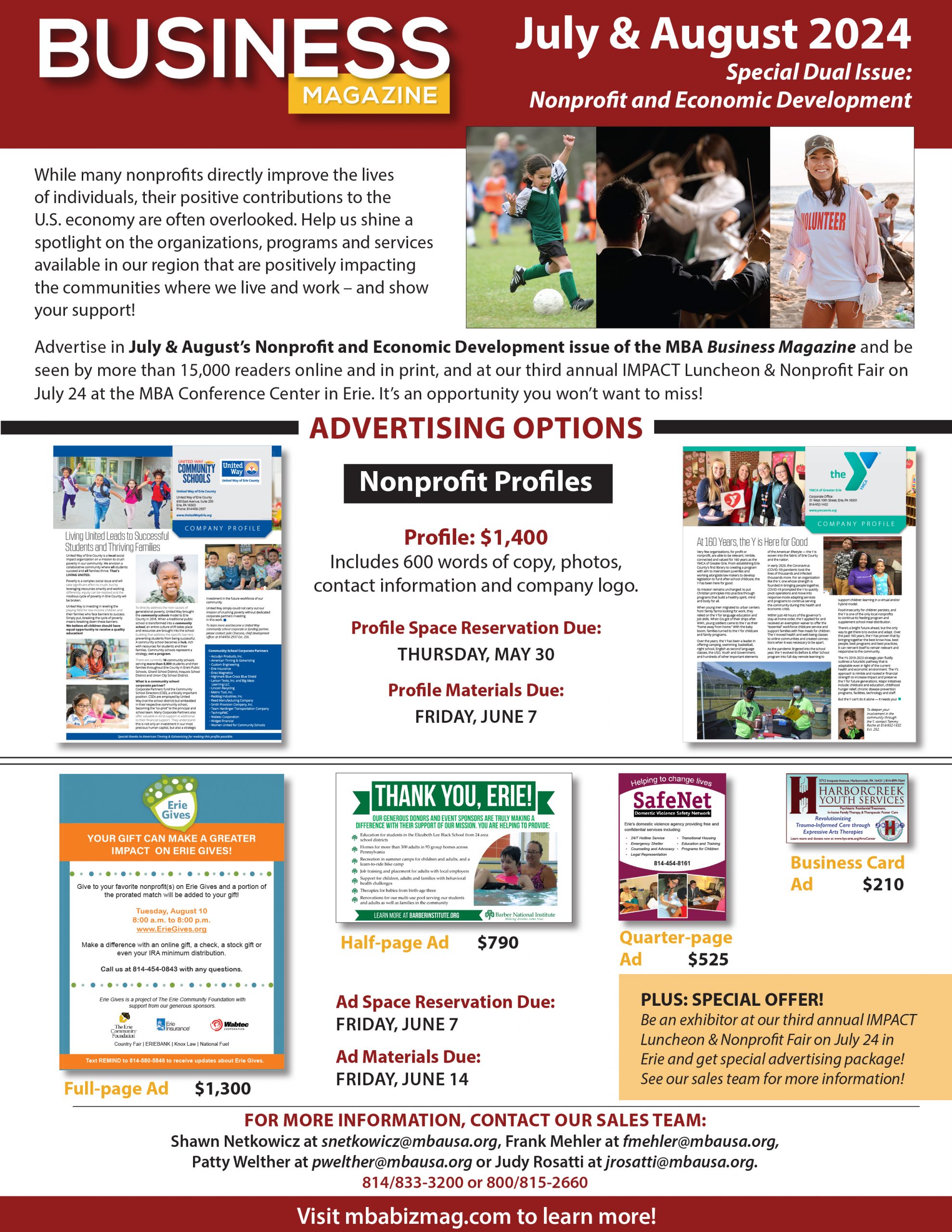Onex President Shares Insights on Leadership
In 2019, the proportion of women in senior management roles globally grew to 29 percent, the highest number ever recorded. In 2020, 87 percent of global mid-market companies had at least one woman in a senior management role. Here, Ashleigh Walters, president of Erie-based manufacturing firm Onex, talks about the lessons she has learned during her leadership journey and her book, Leading With Grit and Grace: A Journey of Organizational Culture Change, which was published during the pandemic in December 2020.
Please tell us about your career journey and your leadership role at Onex.
In 2013, my father-in-law called to let me know the CFO of his company had left. He asked me to lead Onex. The company was in a disarray with employees not working as a team and actually pitted against one another, while others had a “not my job” attitude. We were no longer the friendly “family” company we once were where people loved to come to work.
My road to business success was truly the road less traveled. You see, my education was in engineering, not in business management. Even though I had no idea what strategies the business books would have suggested for solving my dilemma of trying to turn around a distressed business, my background came through in spades, because engineering taught me to solve a problem by knowing how to find a solution.
The first thing I did was to shift the leadership style from command and control to a more democratic approach where everyone’s ideas were requested and heard. This changed the organization culture and made all the difference in the world.
Onex has a long history in Erie manufacturing. Tell us about the products/services you provide today.
Onex was established as an Erie business in 1966. In the beginning, Onex distributed J.H. France’s refractory materials to the local foundries such as Erie Malleable Iron and General Electric. Today, Onex services and builds industrial furnaces. Foundries are no longer our main market. The forge and heat treat industry serving defense and aerospace end users are our primary clients.
Onex has been a 100-percent employee- owned company since July 2020. Tell us what this dynamic means for you and your team when it comes to leadership and buy in.
Andrew, my husband, and I purchased Onex from his father in 2018 making us second generation owners. Statistically, third generation owned family businesses only have a 13-percent success rate. Therefore, Andrew and I knew we needed to consider our own succession planning. Turning Onex into a 100-percent employee-owned company means that we maintain the same leadership roles while ensuring that Onex remains an Erie company for generations to come.
Onex’s Senior Designer James Betza stated employee buy in the best when he said, “I am excited to be a part of the ESOP. My goal is to proactively assist the company’s growth. Knowing that every positive action I make can provide great rewards in the future will help me sharpen my skills and maintain focus on the long-term goals ahead!”
The pandemic has created challenges for nearly every company, but you’ve created a playbook of what you’ve learned in your new book. Tell us why you decided to write it.
Prior to the pandemic, I was able to network with other business leaders in the local area. We would discuss what was going well or ask if anyone had faced a similar issue. Since the pandemic, these conversations are not occurring as frequently if at all. Therefore, I decided to write a playbook for how I turned Onex around in hopes that others would be inspired to make the necessary changes as well.
What are some highlights of Leading with Grit and Grace that can apply to all business leaders?
When we truly want our people to be engaged, we the leaders must take deliberate steps to remove the negatives that cause them to disengage, and instead find ways to empower them. So, the highlight that all leaders can learn from is giving their people the freedom to fail. Create a learning organization because you truly do learn more from your failures than your successes.
Based on what you’ve learned, what is the best advice you can give to women in business today?
When I began my career, my father was quick to tell me that just because I had a degree in engineering that did not mean that I knew more than the personnel on the plant floor. He stressed that in order to put my degree to work and make the textbook learning practical, I had to ask the people on the frontlines doing the actual work their perspectives. These individuals very likely knew the solution to the problem I was working on but had never before been asked by management for their input.


